No-code & Low-code
Why Low-code Application Development is the future for Government and Enterprises looking to bust their app backlog.
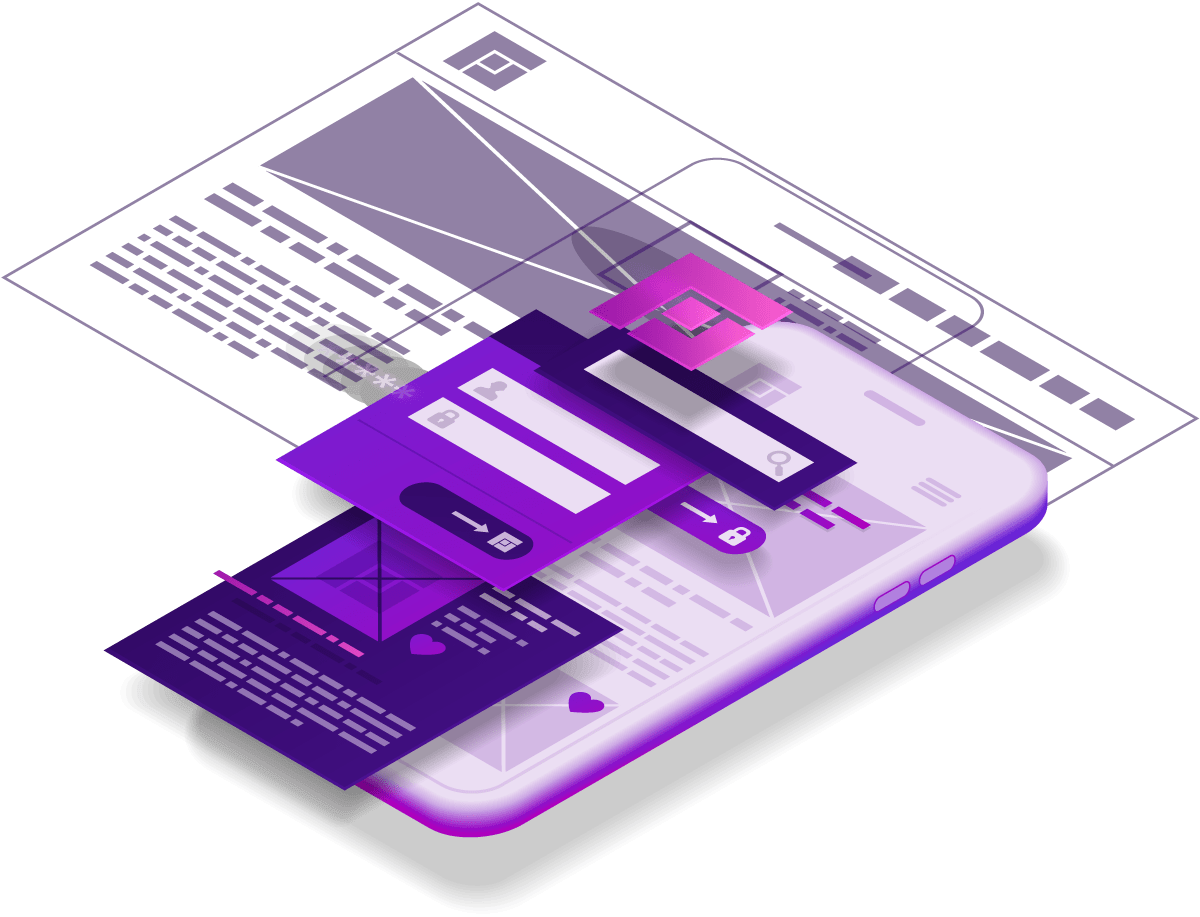
Until recently, developing apps has been the domain of programmers.
But not any more.
Low-code applications builders like OneBlink's LcS enable business users to create sophisticated applications to support their business processes without the need for the IT department to get involved.
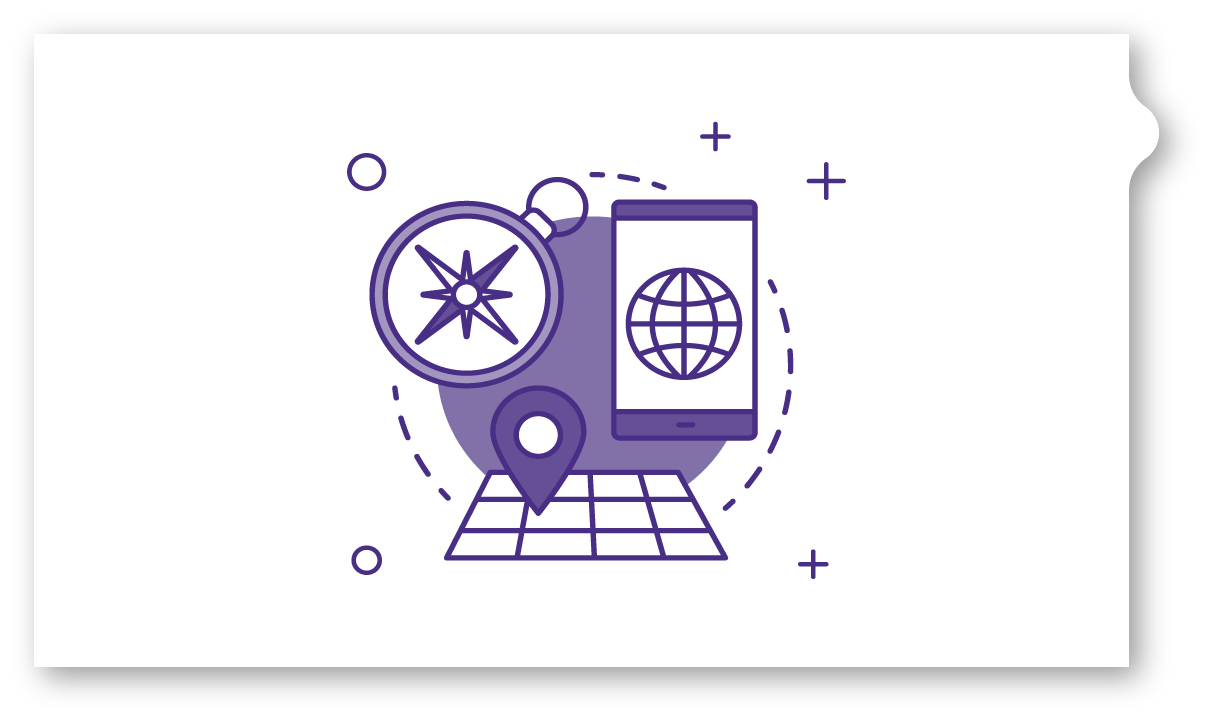
Citizen
Programmers
Programmers
If you can enlist an army of newly enabled ‘citizen programmers’ to service at least some of their application needs, you’ll offload all of that work from your professional developers in IT who're then able to focus on high value activities that are still beyond the capabilities of the citizen programmers.
Is this really
possible
possible
Clearly, you don't want your departments 'going rogue' with development that you can't manage and extend. And really good user experiences for your field workers usually require interaction with your corporate systems - not something that's easy for non-developers to get going.
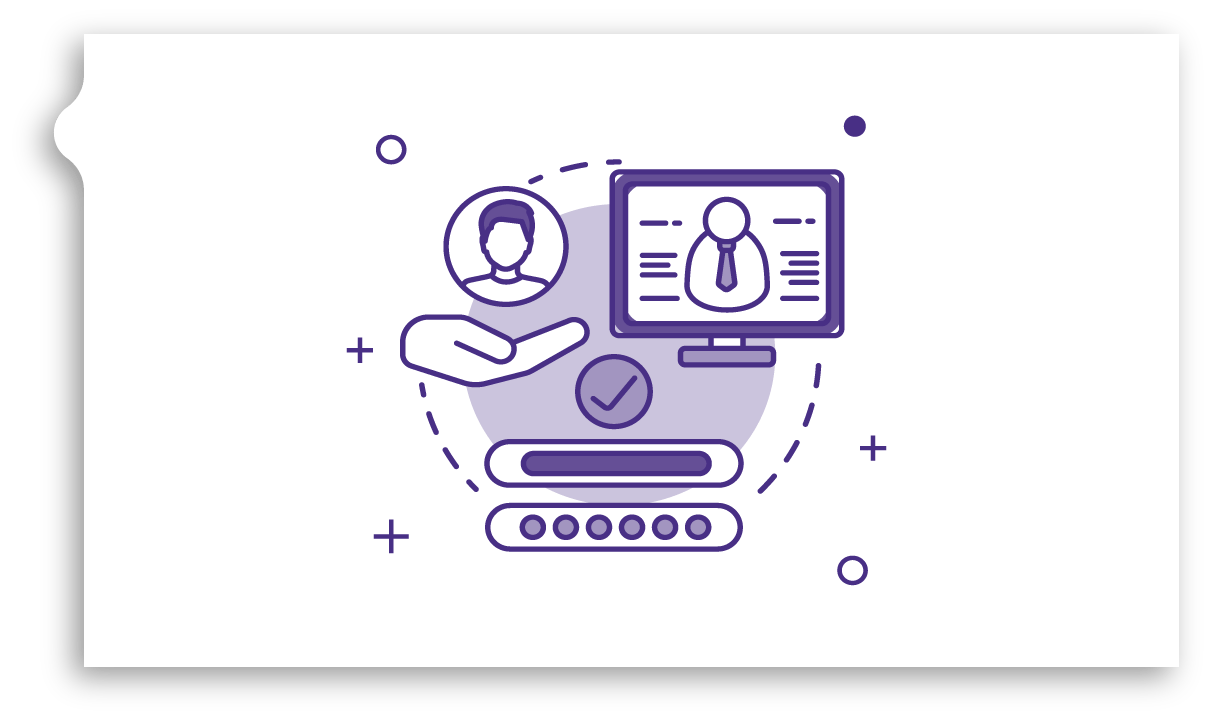
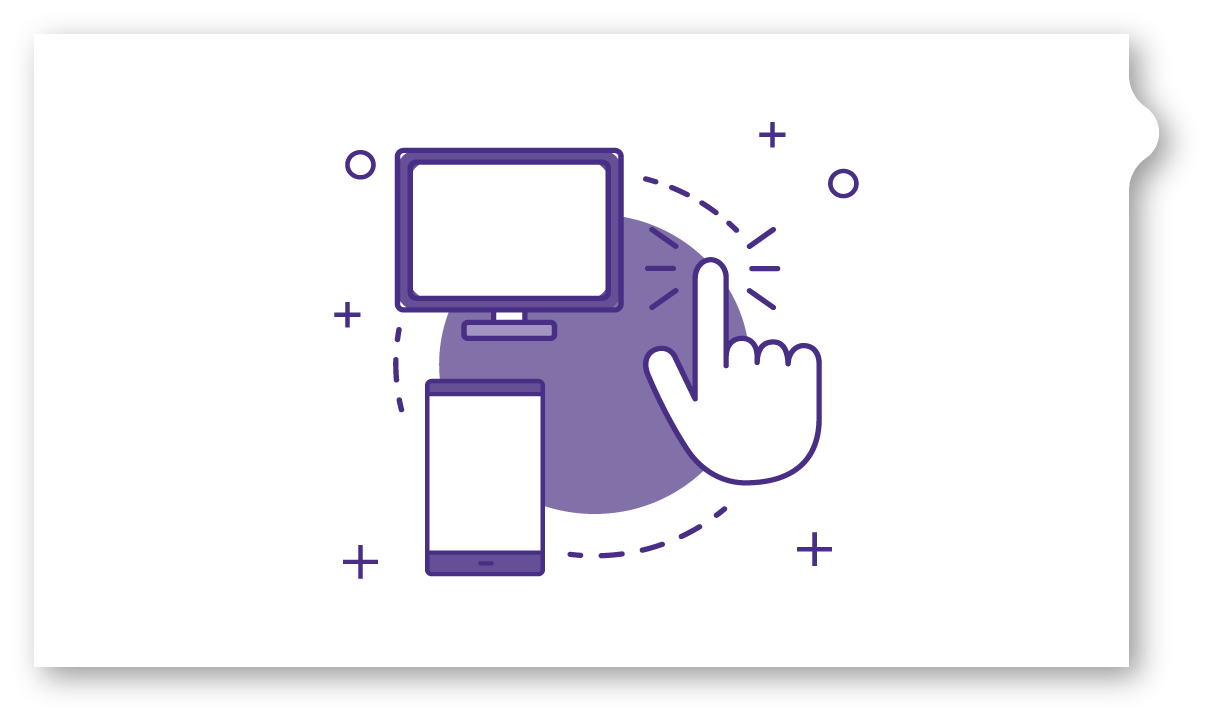
Making it
easy
easy
With OneBlink we've developed sophisticated tools that make it easy for business users to self-service a lot of their needs – and our tools produce code that developers can extend and augment without forcing them into using proprietary tools that limit their creativity and capabilities.
Efficient for
developers too
developers too
Just as important in breaking your app backlog is enabling your professional developers to work more efficiently. OneBlink provides developers package-level tools they'll really appreciate that do the heavy lifting of process oriented apps like authentication, forms handling, notifications, offline use, drafts, autosaving and many more.
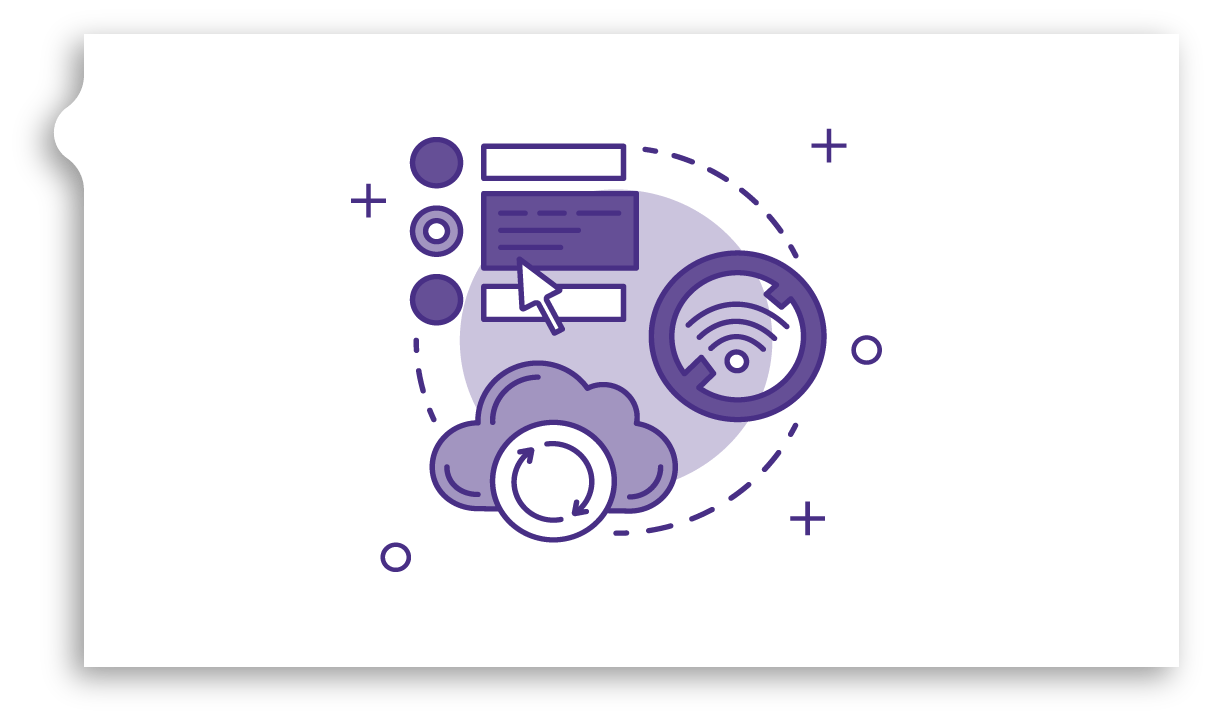

Don't waste developer
time on operations
time on operations
Almost every solution requires some APIs to be written, so we've made building, testing and deploying these a simple NoOps exercise, meaning they never have to worry about provisioning cloud infrastructure and handling operations.
